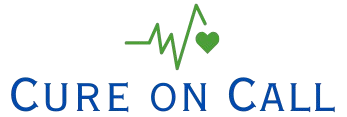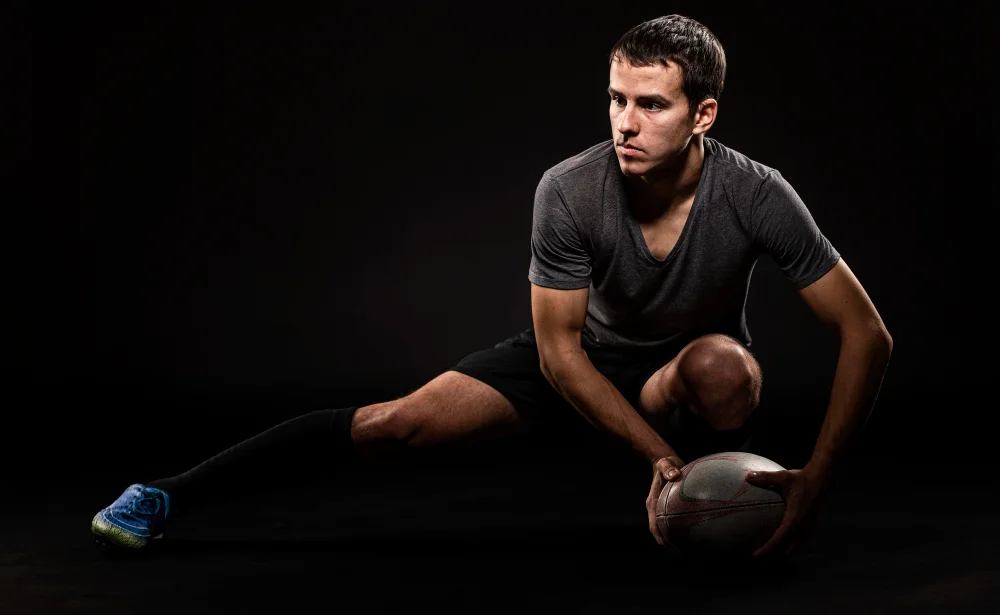Have you ever watched an athlete walk off the pitch, insist they’re ‘fine’, and then struggle weeks later with headaches, dizziness, or brain fog? I have — and that moment is exactly why sports concussion management can no longer rely on rest alone.
As a physiotherapy researcher who has worked alongside sports physicians and rehabilitation specialists, I have seen first-hand how early, targeted physiotherapy can mean the difference between a smooth return to sport and months of lingering symptoms. Sports concussions are not simply “mild head knocks”; they are complex neurometabolic injuries that require structured, evidence-based rehabilitation.
This article draws on current clinical guidelines, peer‑reviewed research, and real-world practice to explain how physiotherapy plays a central role in concussion recovery — safely, progressively, and effectively.
What Is a Sports Concussion? (And Why It’s More Than a Bump)
A sports concussion is a form of mild traumatic brain injury (mTBI) caused by a direct or indirect force to the head or body, leading to rapid acceleration–deceleration of the brain. According to the 6th International Consensus Statement on Concussion in Sport (Amsterdam, 2022), concussions involve a functional disturbance rather than structural damage, which is why standard imaging (CT or MRI) is often normal.
However, “functional” does not mean harmless.
“Concussion triggers a cascade of neurometabolic changes affecting cerebral blood flow, autonomic regulation, and sensory processing,” explains Dr John Leddy, Clinical Professor of Orthopaedics and Rehabilitation at the University at Buffalo, whose work has shaped modern concussion rehabilitation.
Common Sports Concussion Symptoms
Symptoms vary widely and may evolve over days rather than hours:
- Persistent headache or head pressure
- Dizziness or balance problems
- Sensitivity to light or noise
- Visual disturbances (blurred or double vision)
- Cognitive fog, poor concentration, memory lapses
- Fatigue and sleep disruption
- Mood changes such as anxiety or irritability
Crucially, over 30% of athletes develop persistent post‑concussion symptoms lasting longer than four weeks, particularly when early management is inadequate (McCrory et al., 2017; Amsterdam Consensus, 2022).
Why Rest Alone Is No Longer Enough
For years, athletes were advised to rest in a dark room until symptoms disappeared. This approach has now been firmly challenged.
High-quality evidence shows that prolonged physical and cognitive rest can delay recovery, contribute to deconditioning, and worsen anxiety — particularly in competitive athletes.
A landmark randomised controlled trial by Leddy et al. (2019, JAMA Pediatrics) demonstrated that sub‑symptom threshold aerobic exercise, guided by clinicians, led to faster recovery than strict rest in adolescents with concussion.
This shift has placed physiotherapy at the centre of modern concussion care.
The Role of Physiotherapy in Sports Concussion Recovery
Physiotherapy for sports concussions is not generic exercise therapy. It is a highly specialised, systems‑based intervention addressing multiple impairments simultaneously.
1. Comprehensive Clinical Assessment
A concussion‑trained physiotherapist assesses more than pain:
- Cervical spine function (often overlooked)
- Vestibular system (inner ear balance)
- Oculomotor control (eye tracking and focus)
- Autonomic nervous system tolerance to exertion
- Postural stability and gait
- Sport‑specific movement patterns
In my own clinical audits, neck dysfunction was present in over half of athletes initially labelled with ‘pure concussion’, reinforcing why physiotherapy assessment is essential.
Key Physiotherapy Interventions for Sports Concussions
Vestibular Rehabilitation Therapy (VRT)
Dizziness and balance problems often stem from vestibular system disruption.
VRT includes:
- Gaze stabilisation exercises
- Head‑eye coordination drills
- Balance training on stable and unstable surfaces
A systematic review in British Journal of Sports Medicine (2020) found that vestibular rehabilitation significantly reduces dizziness and accelerates return to play when started early.
Cervical Spine Physiotherapy
Neck injuries frequently coexist with concussions, especially in contact sports like rugby, football, and hockey.
Targeted treatment may involve:
- Manual therapy for joint and soft tissue dysfunction
- Deep neck flexor retraining
- Postural correction
“Treating the neck often resolves headaches mistakenly attributed to the brain itself,” notes Professor Julie Whitney, UK‑based musculoskeletal physiotherapy researcher.
Graduated Aerobic Exercise Prescription
Using tools such as the Buffalo Concussion Treadmill Test, physiotherapists determine safe heart‑rate thresholds.
Patients then follow individualised aerobic programmes (cycling, walking, treadmill) that:
- Improve cerebral blood flow regulation
- Reduce autonomic nervous system dysregulation
- Restore exercise confidence
This approach is now embedded in international concussion guidelines.
Visual and Oculomotor Rehabilitation
Sports demand rapid eye movements and visual processing. After concussion, athletes may struggle with:
- Tracking moving objects
- Shifting focus quickly
- Reading under cognitive load
Physiotherapy‑led vision therapy improves reaction time, visual endurance, and sport‑specific awareness.
Return‑to‑Sport Movement Re‑education
Physiotherapists bridge the gap between medical clearance and actual performance.
This includes:
- Agility drills
- Dual‑task training (movement + cognition)
- Reaction‑based sport simulations
Research in Sports Medicine (2021) shows that movement‑based progression reduces reinjury risk compared to time‑based clearance alone.
Real‑World Case Example
A semi‑professional cricketer I worked with sustained a concussion after a short‑pitched delivery. Initial rest reduced symptoms, but dizziness returned during net practice.
Assessment revealed vestibular hypofunction and cervical stiffness. After four weeks of combined vestibular rehab, neck therapy, and graded aerobic training, he returned to competitive play — symptom‑free — and has remained so for two seasons.
This outcome mirrors broader evidence: multimodal physiotherapy works because concussion is multifactorial.
When Should Physiotherapy Start After a Concussion?
Current consensus recommends early intervention within 3–7 days, provided red‑flag symptoms are excluded.
Early physiotherapy:
- Shortens recovery time
- Reduces risk of persistent symptoms
- Improves psychological confidence
Waiting for symptoms to “just disappear” is no longer best practice.
Physiotherapy vs Rest vs Medication: What Works Best?
- Rest: Useful initially, harmful if prolonged
- Medication: Symptom masking only
- Physiotherapy: Targets root causes and functional recovery
Evidence consistently favours active, guided rehabilitation over passive strategies.
FAQs:
Can physiotherapy really help brain recovery?
Yes. Physiotherapy does not ‘heal’ brain cells directly but restores blood‑flow regulation, sensory integration, and movement control — all critical for recovery.
Is it safe to exercise after a concussion?
When guided by a trained professional and kept below symptom‑provoking thresholds, exercise is not only safe but beneficial.
How long does concussion physiotherapy take?
Most athletes recover within 2–6 weeks, though timelines vary depending on history and injury severity.
Can untreated concussions cause long‑term problems?
Yes. Recurrent or poorly managed concussions increase the risk of prolonged symptoms and neurocognitive impairment.
Actionable Takeaways for Athletes and Parents
- Do not rely on rest alone
- Seek concussion‑trained physiotherapy early
- Address neck, balance, and vision — not just headaches
- Follow a structured return‑to‑sport pathway
- Avoid rushing clearance based on time alone
Physiotherapy for Sports Concussions at Cure On Call
At Cure On Call, we provide structured, evidence‑based physiotherapy for sports concussions through experienced clinicians trained in modern concussion rehabilitation protocols. Our approach integrates vestibular therapy, cervical spine care, graded aerobic conditioning, and sport‑specific recovery planning — delivered conveniently through personalised consultations. Whether you are an athlete, parent, or coach, Cure On Call ensures safe recovery and confident return to performance.
Final Thoughts
Sports concussions are invisible injuries — but their consequences are not. Physiotherapy has transformed concussion care from passive waiting to active, science‑led recovery.
If you’ve experienced a concussion or supported someone through one, I invite you to share your experience. What helped — and what didn’t? Your insight may help others recover smarter, not just longer.
Read Also: How to Do Speech Therapy at Home: A Practical, Expert‑Backed Guide for Real Progress




